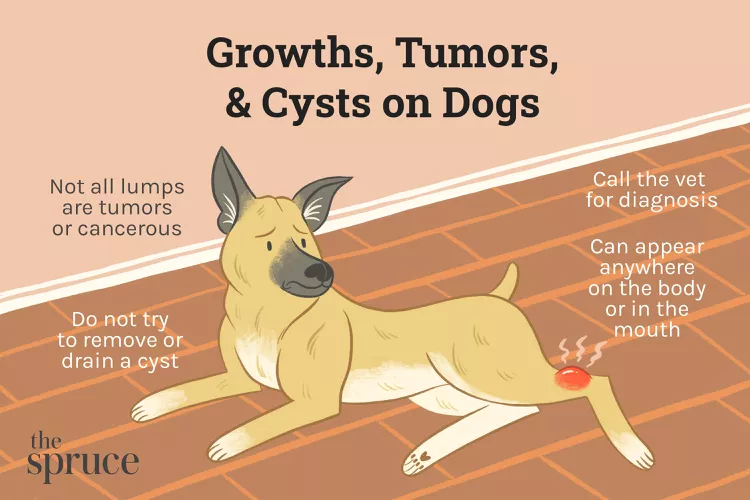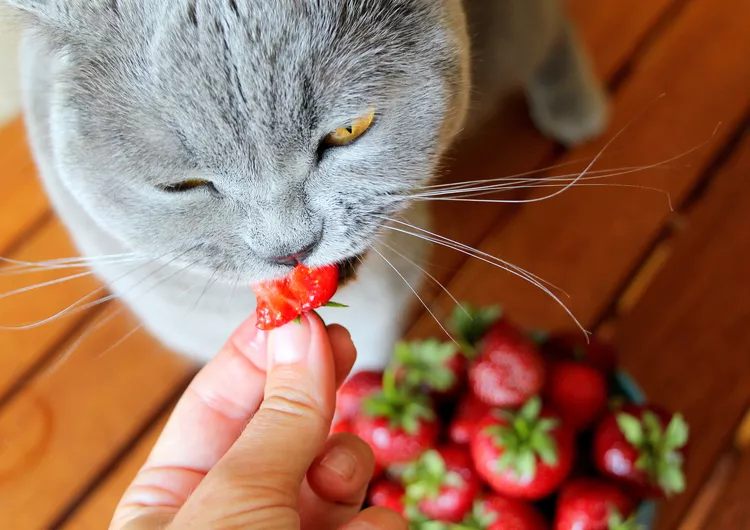
You’re enjoying a hydrating slice of watermelon on a sizzling summer’s day when you notice your dog looking up at you with expectant eyes. Naturally, you wonder, “Can dogs eat watermelon?”
Good news, pups. Watermelon is one of several fruits dogs can enjoy in moderation, but there are some precautions to keep in mind. We spoke with two veterinarians to get all the juicy details about watermelon for dogs and how to safely feed this summertime delight to your four-legged pal.
Sam Meisler, DVM, is the founder of PetWellClinic.
Amy Attas, DVM, is the founder of City Pets.
Watermelon can be a healthy snack for your dog when fed safely and in moderation. Here are some reasons to consider treating your dog to an occasional piece.
“Because they're 92% water, watermelons can help keep your dog hydrated, especially as the temperature rises,” says Sam Meisler, DVM.
Watermelon is relatively low in calories—about 23 calories for half a cup of diced melon. This makes it a healthy occasional treat for dogs who need to manage their weight, explains Meisler.
According to Amy Attas, DVM, watermelon is rich in:
Before you toss your pup a piece of watermelon, there are a few important precautions to consider:
Meisler suggests feeding your dog no more than 2-3 bite-sized pieces of watermelon daily. Note that "bite-sized" will differ based on your dog's size. Watermelon should only be given as a treat, not as a main part of your dog’s diet.
Meisler adds that all treats combined, including watermelon, should make up no more than 10 percent of a dog’s daily caloric intake. This 10-percent guideline helps prevent nutritional imbalances, side effects, and adverse health effects like obesity that may result from overconsumption of food outside a dog’s regular diet.
Safely feeding watermelon to dogs involves several key steps to ensure your canine companion can enjoy this tasty treat without any negative effects. Here’s how to do it.
While certain fruits are absolute no-nos for dogs, especially grapes and raisins, there are several other dog-safe fruits dogs can enjoy in moderation. These include:
These fruits can give your pup a good dose of hydration, vitamins, and minerals. This isn’t an exhaustive list, though, so always do your research before giving your dog any new fruit (or any food) to ensure its safety.

Tumors, Growths, and Cysts in Dogs
Tumors, lumps, growths, or cysts are commonly found on dogs. Learn the causes, treatments, and preventative measures.
Eye Injuries and Infections in Dogs
Dogs can suffer eye injuries that range from mildly irritating to serious medical emergencies. Learn the causes, treatment, and prevention.
Vestibular Disease in Dogs
Vestibular disease affects a dog's balance and eye movements. Find out about the signs, causes, and treatment of vestibular disease in dogs.
Is Acetaminophen Safe for Dogs?
Acetaminophen is used by humans for pain and fever relief, but is it safe for dogs? Here's what you need to know before giving your dog acetaminophen.
Can Dogs Eat Zucchini? Everything to Know About This Hardy Summer Squash
Zucchini is a nutritious food that's safe for dogs to eat in moderation. This low-calorie, high-fiber vegetable can be incorporated as a healthy treat in a dog's balanced diet. Learn more about its health benefits, potential risks, and how to prepare it.
Can Dogs Eat Popcorn? What You Need to Know for Movie Night
Dogs can eat popcorn, but there are safety concerns. Find out how to safely feed your dog popcorn and what you should do if you're concerned.
65 Irish Cat Names
Irish cat names can pay homage to historical places, local cuisine, famous Irish actors and musicians, or other wonderful aspects of the Emerald Isle.
46 Egyptian Cat Names
Whether inspired by notable Egyptian deities, locales, or pharaohs, Egyptian cat names can bring out the divinity of your noble feline companion.
Are Ant Traps Safe for Cats?
Here's how to know if ant traps are safe for cats and how to keep yours free from harm if you have an ant problem.
The 6 Best Cat Nail Clippers of 2024 for a Safe Trim
Clipping your cat's nails can save your furniture and keep your kitty comfortable. We asked veterinarians for their cat nail clipper recommendations.
Is Neosporin Safe for Cats?
A brief summary of concerns a cat owner should be aware of before putting Neosporin on their cat, plus tips for things they can use at home instead.
Can Cats Eat Strawberries? How to Safely Share This Summer Berry
Although cats are primarily meat eaters, strawberries may be an interesting and tasty snack for your feline friend. Find out the risks of feeding strawberries to cats and how to safely let your cat enjoy this fruit.
Cute Pictures & Facts About Calico Cats & Kittens
Learn fascinating facts about calico cats, including photos, the genetics behind this color combination, and common folklore and traditions.
12 Most Popular Cat Breeds for Feline Lovers
These 12 cat breeds, like the Siamese and Sphynx, are known for their unique appearances and personalities. Learn what makes them so popular.
Balinese: Cat Breed Profile, Characteristics & Care
The Balinese cat is playful, sociable, elegant, intelligent, and a touch on the vocal side. Learn about the Balinese, including appearance, temperament, health, and care needs.
Why Cats Don't Always Cover Their Poop
Cats may not cover their poop for a few different reasons, including being territorial, sending a message to their owner, and not liking the litter.
Cavapoo: Dog Breed Characteristics & Care
The Cavapoo is a hybrid of the Cavalier King Charles spaniel and a toy or miniature poodle. Learn why these teddy-bear-looking dogs make the perfect addition to your family.
Why Dogs Eat Poop and How to Stop Them
Is your dog eating poop? Some dogs do this because of stress or illness. Learn how to prevent stool eating, or coprophagia, in dogs.
Can Dogs Get Depression? How to Help Your Sad Dog
Can dogs get depression? Learn about the signs of depression in dogs and find out how to help your sad dog.
4 Reasons Why Your Dog Licks Their Butt
Butt-licking in dogs can be a part of normal grooming, but excessive butt-licking is not normal. Read about the most common reasons for this behavior.